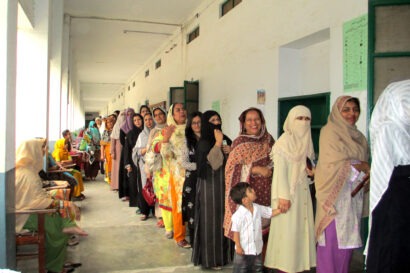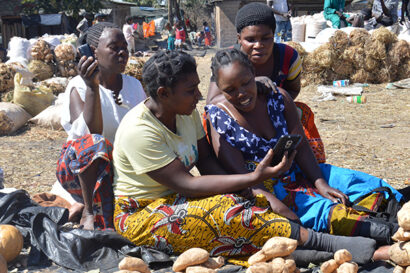Tax and Governance
Discovering how and why increased taxation can spur statebuilding and government accountability is crucial across all countries. Combining tax and governance gives us a richer picture of how the right kinds of taxation can deliver more and better for taxpayers, and what success is contingent on. When tax and governance operate well, both local and national governments benefit.





